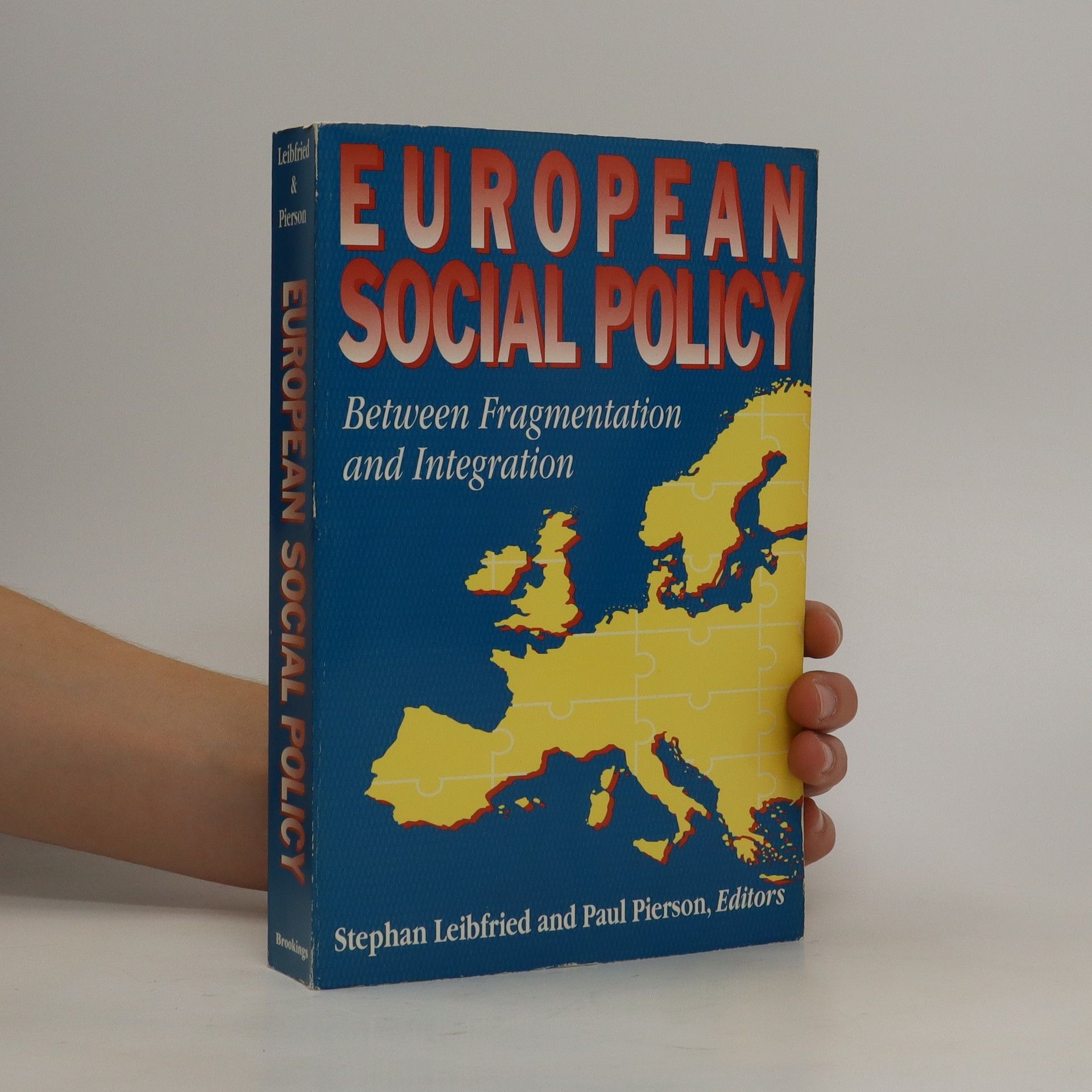Let them Eat Tweets - How the Right Rules in an Age of Extreme Inequality
- 304pages
- 11 heures de lecture
"A groundbreaking account of how the dangerous alliance of right-wing plutocrats and populists threatens the very pillars of American democracy. We often assume that the Republican Party is divided between a tax-cutting old guard and a white-nationalist vanguard-and that with Donald Trump's ascendance, the upstarts are winning. Yet as New York Times best-selling authors Jacob S. Hacker and Paul Pierson demonstrate, plutocrats and populists are now effectively allies in an intensifying fight to lock in America's skyrocketing inequality. Conservative parties can always be expected to side with economic elites, but when faced with popular resistance, they usually allow for policies that benefit the working and middle classes. Yet today's Republicans are an anomaly. Not only are they doubling down on a truly radical, elite-benefitting economic agenda, but even once-respectable conservatives have turned to nativist appeals and racist dog whistles-and, increasingly, to assaults on democracy itself. Drawing on decades of research, Hacker and Pierson offer a new framework for understanding this vicious circle of deregulation and fear-mongering-and show how we can fight it"-- Provided by publisher


